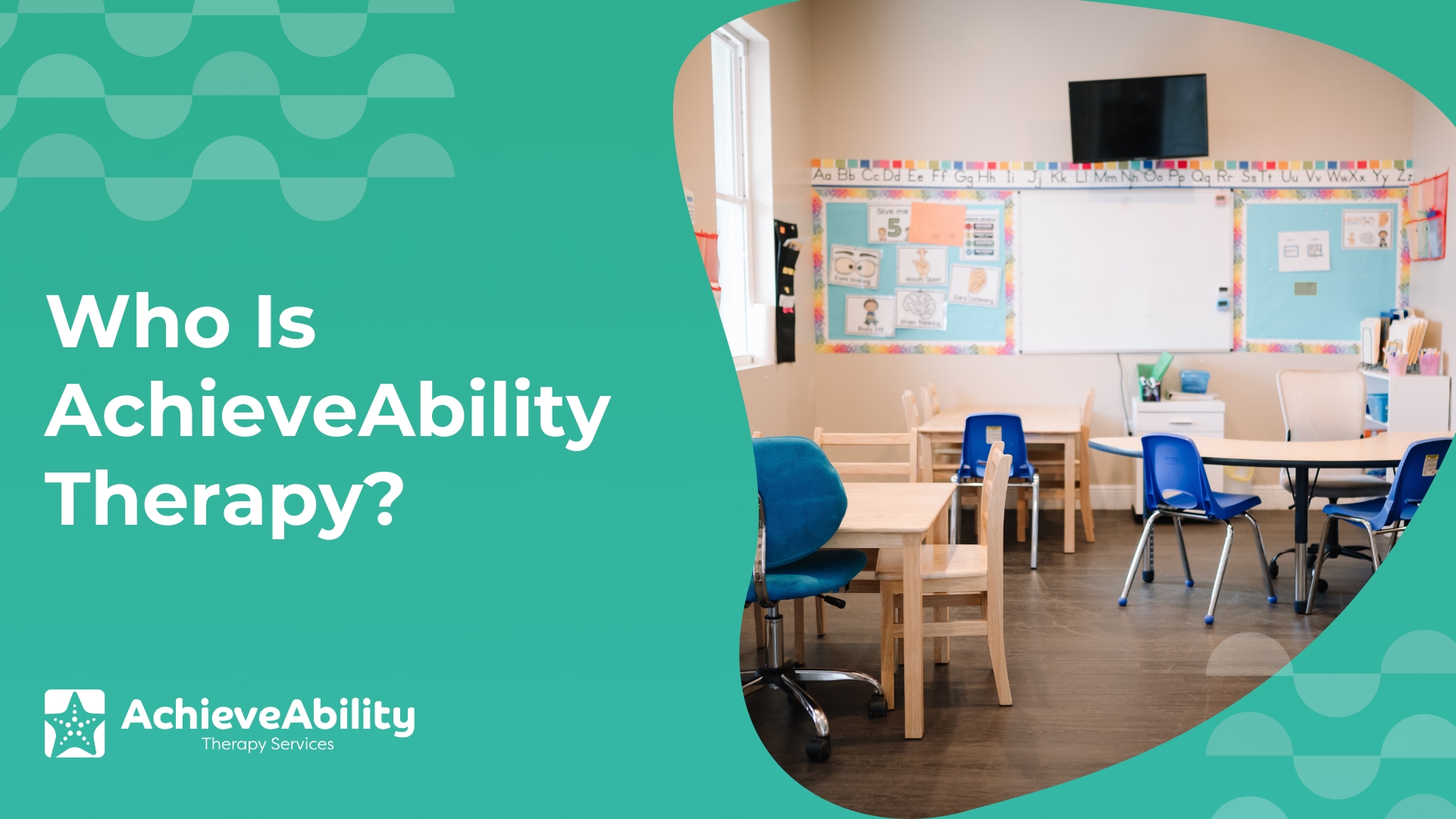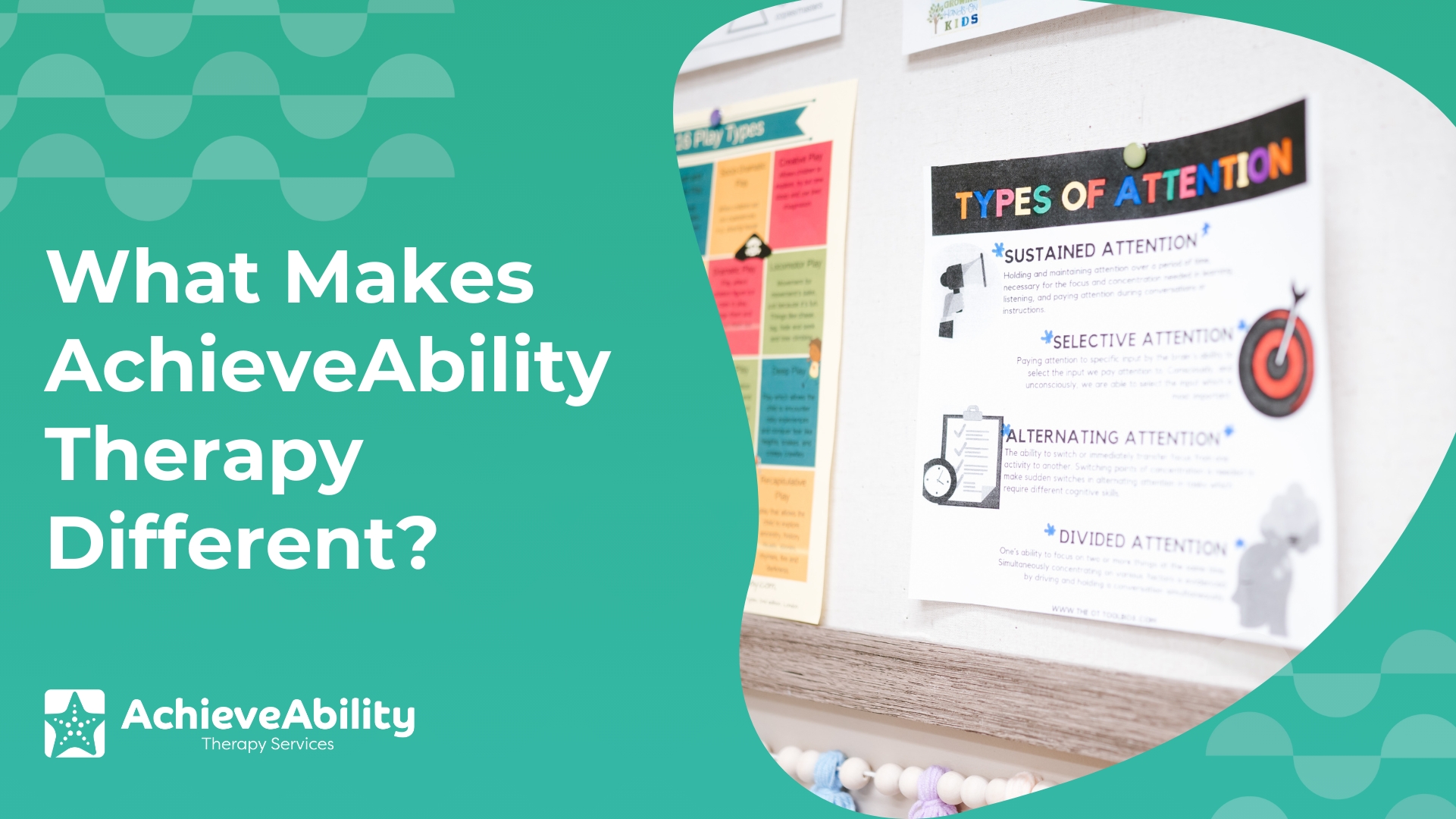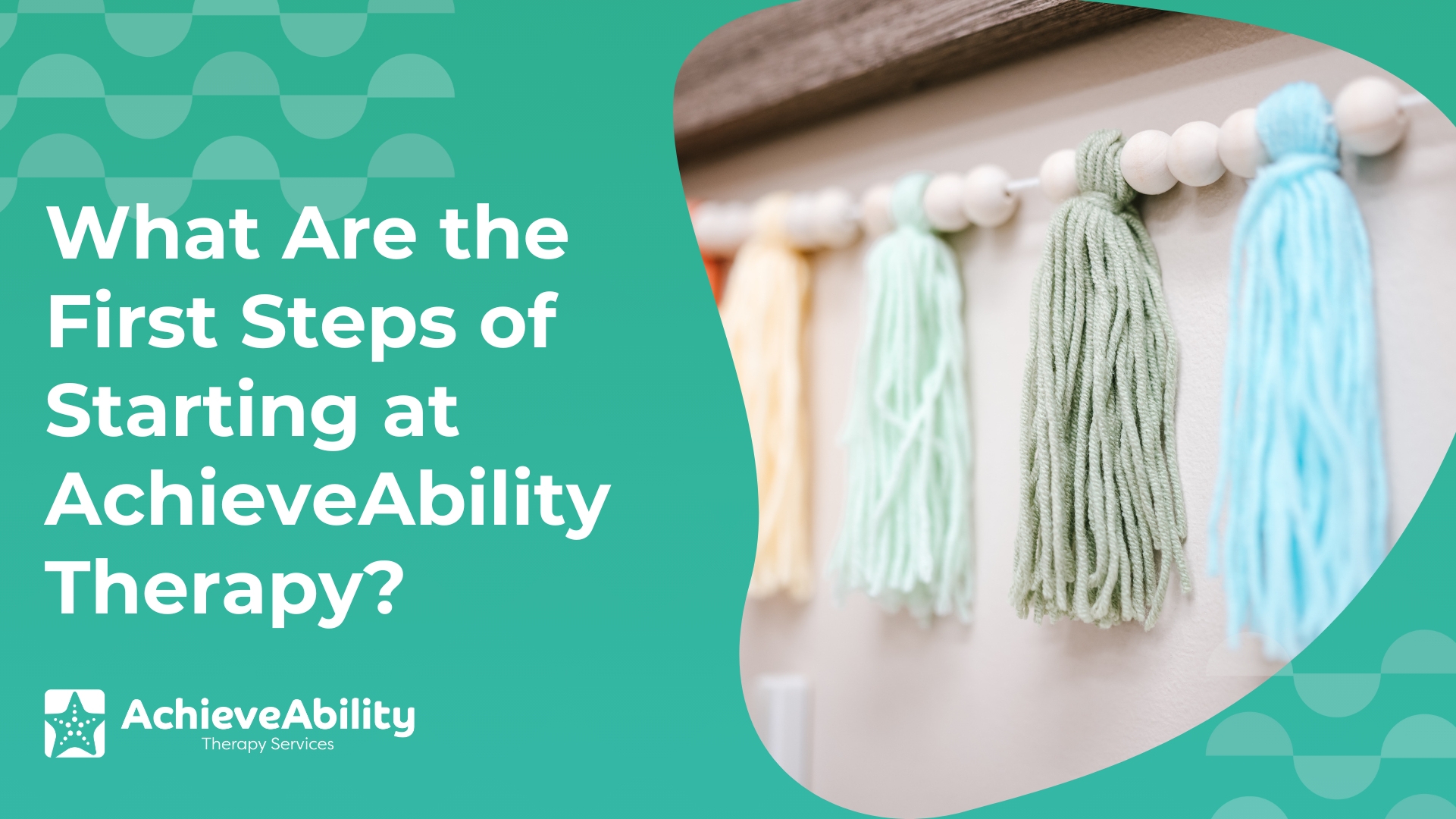As parents, we feel a responsibility to raise kind, loving children who will one day fly the nest and lead happy, successful lives on their own. That in itself feels like a daunting task and can be complicated by the addition of diagnoses like autism or other developmental or psychological disorders. Patients with some types of autism, for example, may have trouble with executive functioning skills like planning, organizing, and scheduling themselves making it difficult to one day maintain a household.
For some children with developmental or physical delays, total independence isn’t in the cards. Our job as therapists is to evaluate our patients and set achievable goals with them and their families so they can thrive to the best of their ability. While the goal of our treatments is to increase our patients’ independence, the degree of independence will vary between patients.
How Can Occupational Therapy Help?
Occupational Therapy (OT) is a practice-based approach that helps improve patients’ abilities to perform daily tasks. Depending on a child’s developmental needs, an occupational therapist can address a range of skills, including hygiene, toileting, feeding, and more. Occupational therapy assists patients in physical, cognitive, and social growth. Here are some helpful things to know about each.
Develop Physical Skills
Many of us perform dozens of tasks each day without thinking of them, but for individuals with physical or developmental disabilities, those tasks may not be so simple. Daily living skills include bathing, toileting, dressing, eating, feeding, functional mobility, grooming, and more. Depending on a patient’s diagnosis, they may need varying degrees of support. As therapists, we prioritize teaching practical, repeatable skills so that children learn to care for their physical needs.
Develop Cognitive Skills
Regular school attendance requires a level of independence that some children may not yet have. OT can help kids learn to focus, solve problems, and make decisions. All of these skills are essential for academic success. You can imagine how this therapeutic approach could help patients meet their academic and cognitive potential.
Develop Social Skills
Social skills develop naturally in most school-aged children. However, some kids need help learning how to understand social cues, how to play with their peers, and how to develop lasting relationships. OT relationships can provide guidance and support that enables children to build a foundation of meaningful relationships. In practice, this can look like breaking down a social interaction and practicing it in a therapy environment.
OT Empowers Families
While some therapies are centered around talking, Occupational Therapy is all about doing. In therapy, our patients learn new skills that can be translated into their daily lives. This is where parents and caregivers become an essential part of the process. Parents can help their children by creating routines, encouraging practice, and providing emotional support. When families work together as a team to support a child in OT, growth can be exponential.
Parents are also great advocates for their children in school, daycare, or other environments and can pass on tools learned in therapy to help teachers become better support systems.
The more people a child has on their team who encourage and support them, the better. We love OT as a tool for teaching independence because it’s practical and based on solving real daily life problems. If you’re a parent, you know how helpful that can be!
At AchieveAbility, we’re passionate about helping our patients and their families thrive. If you’re in need of support but don’t know where to start, we encourage you to contact our office to schedule a discovery call. Let’s assemble a team to support your family as you work toward raising a happy, independent child. Contact us today to learn more.







